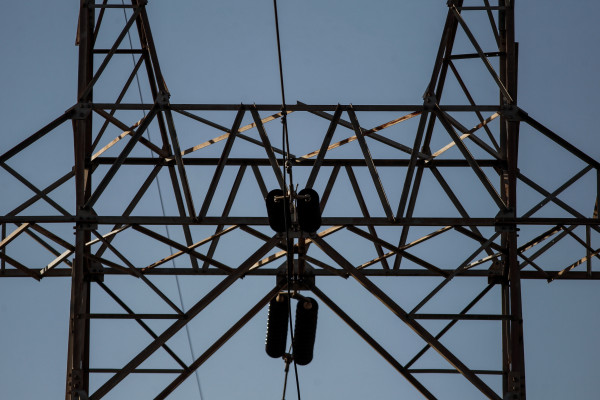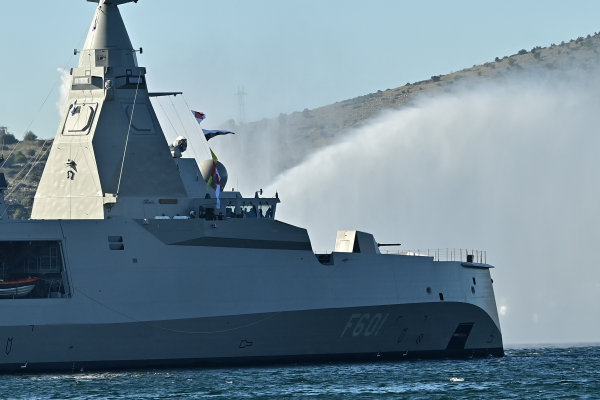Speaking at the “Greece After VIII” conference on Monday, which examined Europe’s evolving challenges, Mytilineos accused the Greek government of prioritizing foreign manufacturers over local defense firms, depriving the country of both economic and strategic benefits.
His most scathing remarks were directed at the contract for the French-built Belharra frigates, a centerpiece of Greece’s naval modernization efforts. Mytilineos, who also leads METKA, one of Greece’s leading defense manufacturers, revealed that Greek companies were granted an insignificant share of the project—just 0.5%.
He firmly rejected claims that Greece lacks the necessary defense industry to contribute to such programs. “This notion that there’s no Greek industry capable of adding value to these projects is completely false,” he said. “What happened with the Belharra frigates is exactly what should never happen again.”
His remarks come just ahead of an April 2 parliamentary debate on Greece’s defense procurement policies, where lawmakers are expected to address whether domestic industries are being properly utilized. Mytilineos warned that the government’s failure to integrate Greek manufacturers into military contracts is a missed opportunity—one that could have strengthened both national security and the domestic economy.
Reflecting on past procurement cycles, particularly those following the 1996 Imia crisis, he pointed out that Greek defense firms were once actively involved in complex projects, gaining expertise and securing a foothold in the global defense market. Many of these companies continue to operate at full capacity, running three shifts a day, though primarily serving export markets rather than contributing to Greece’s own defense needs. He criticized the government for failing to build on this expertise and instead outsourcing major defense projects entirely to foreign firms.
As an example of Greece’s past capabilities, Mytilineos cited the country’s successful involvement in building German HDW submarines, which now play a crucial role in military balance in the Aegean. He questioned why, despite this proven track record, Greek companies were excluded from the Belharra program. “When we were able to build four submarines in collaboration with Skaramangas Shipyard, how is it possible that, 20 years later, we are deemed unfit to participate in the Belharra project?” he asked. He further emphasized that, from both an industrial and naval standpoint, surface ships like the
Belharra frigates are far less complex than submarines.
His most pointed criticism was reserved for the minimal economic benefits awarded to Greek companies in the Belharra agreement with France. As he revealed, the total added value allocated to Greek firms was just 0.5%—a figure he described as deeply inadequate.
“The added value granted by the French to Greek companies for the Belharra frigates amounted to just 0.5%,” he emphasized, highlighting the government’s failure to negotiate better terms for local industry.
His statements are expected to ignite debate in Parliament, raising critical questions about the direction of Greece’s defense policy and whether the government is making full use of domestic capabilities.
With Greece continuing to invest heavily in military modernization, discussions are likely to focus on whether future procurement strategies should better integrate Greek defense firms, ensuring that military spending also strengthens the national economy and industrial base.































